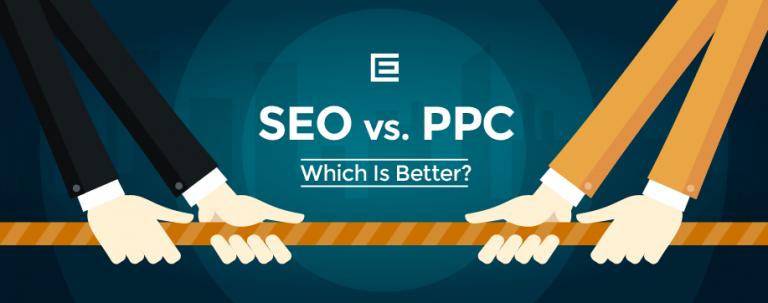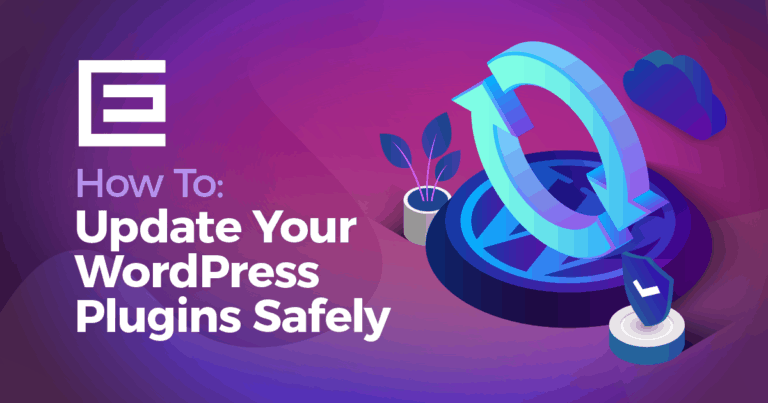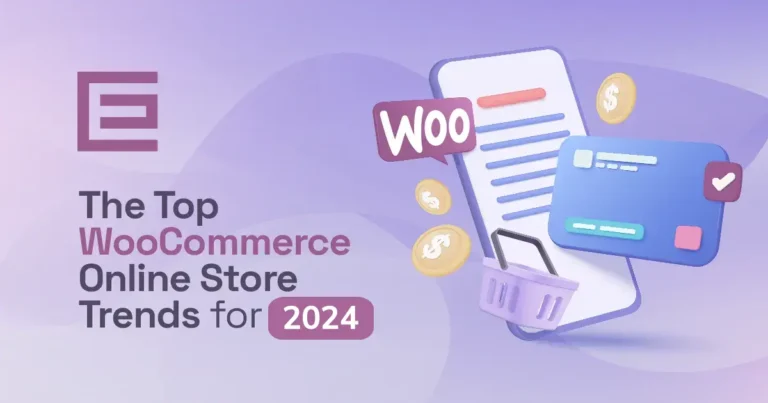Similarities
WooCommerce and Magento are very similar. You could say that the main differences between the platforms are their target market and how complex the needs are of the ecommerce store.They are easy to set up.
WooCommerce is ideal for beginners. Customizing through WordPress is easy because there are many plugins available. WooCommerce has many tutorial videos to help, making this platform a popular choice for small business owners and people who want to have a go at creating a DIY ecommerce site. Magento also has tutorial videos and documentation. When it comes to adding extensions to a site, however, it’s worth hiring a specialist Magento developer. Magento’s flexibility regarding customization is legendary. It needs someone with design, developing, and coding skills to make the most of it. While Magento has the most features out of the box, businesses that are ready to scale up would be wise to employ a professional to handle their Magento site.They are easy to use.
If you are familiar with WordPress, using WooCommerce will not be too much of a leap. It was designed specifically to work with WordPress, so it’s ideal for businesses that already use WordPress for their website or websites. Magento is not necessarily difficult to use, once it’s up and running. It is a standalone content management system, though, so using it will be more complex than using WooCommerce. Being platform independent can be an advantage though.They have minimal setup costs.
Both platforms are free to use initially. Costs are incurred when you are ready to grow your business. Doing so with Magento is more costly than with WooCommerce, partly because it requires a developer’s skills to carry out the upgrades. Its flexibility and powerful functions, however, place it in the arena of larger businesses or individuals who have the technical skills required.Open source
Anyone can build on the source code or modify it for their needs. Developers then share their own versions of the software. This is part of the reason for the large communities behind both platforms.Support
Having large communities emotionally-invested in the products means that there is plenty of free help available online. This is particularly useful for a small business tackling its first ecommerce site, which is more likely to be the case with WooCommerce. Magento sites are much more likely to be developed by professionals on behalf of their client. They are typically owned by full ecommerce businesses looking to grow their business.Freemium Products
Both products work on a ‘freemium’ business model. They are free to use, but as businesses grow they tend to need extras, for which users must pay. Customizing your website to use your own branding, for example, will require paying for plugins with WooCommerce or paying for a developer with Magento. To increasing the range of payment options you offer visitors, you must pay for plugins in WooCommerce. Magento requires additional extensions if you want to offer your visitors an above average shopping experience. While many options are free for WooCommerce, others can cost anything from $5 to $500 per year. Magento has more functionality out of the box, but extensions can cost as much as $1,000. They will also require a specialist to install them, making Magento more suitable for businesses with big goals and a healthy budget.Customizability
With self-hosted products like WooCommerce and Magento, you can make your ecommerce store your own. Both platforms have many free and premium themes. For those who are thinking of using Magento, it’s worth keeping in mind that adding your own extensions can be tricky and time consuming. Magento developers are also harder to find than WordPress developers. They are a worthwhile investment for businesses that can afford it and aim to have large volumes, because they can use the power of Magento to turn dreams into reality.Unlimited Products
Good news. You can upload as many products as you like and manage them effectively with either platform. Magento has the edge on classification of products though, which is great for businesses with extensive product ranges in various categories and sub categories.SEO and Blogging
Both WooCommerce and Magento recognize the importance of blogging by making it possible to add a blog to your site. Both platforms are very SEO friendly too, providing plenty of opportunities for optimizing pages for search.Hosting
WooCommerce works fine on WordPress’s hosting. If your business is already using WordPress, then using WooCommerce is an easy and reliable way to provide an ecommerce solution. Magento requires dedicated servers or your own cloud plan as your number of products grows, otherwise your site is likely to run slowly. The added cost gives you more control, however, which is ideal for bigger players.Integration Ecosystem
As one of the most popular ecommerce platforms, and supported by loyal developers, WooCommerce integrates well with a vast array of systems and applications. Magento works with Android, Windows, Mac, and web-based devices. It will integrate with many systems and applications and works particularly well with eBay.Features
Both packages give you a shopping cart facility, infinite products, and the ability to categorize them. Google Analytics is available in both, too. Magento offers more than WooCommerce in its basic setup. You can cross-sell or up-sell products, compare products, provide discount codes, and offer visitors an advanced filter for navigating the products. WooCommerce can be appealing because it is less complex than Magento, but it also has fewer features included out of the box. For smaller businesses, this can be an advantage not a disadvantage. You can add plugins when necessary and some of them are free, so this is good for new businesses or those that have plans for growth but are not there yet. Which platform to use depends on the size of your business, its resources, and its goals. WooCommerce is built to fit around WordPress. It is sophisticated, but more suited to small and medium-sized businesses, and for people with less experience developing websites. It is scalable through plugins that can be added to improve the customer experience. WooCommerce is ideal for businesses or individuals who are already using WordPress and are familiar with the WordPress interface, as well as being highly suited to businesses that are new to ecommerce or lack developer talent. Overall, Magento comes with better basic features. When your business is ready to grow, Magento Connect offers thousands of site extensions, but you’ll require a developer to install them properly. Magento is a complete content management system specifically designed for ecommerce stores. It is geared more towards large businesses and those with grand designs. It has powerful extensions and is very scalable. To get the most from it, it requires a larger budget than a WooCommerce store. You can work with different currencies, payment options, languages, and run multiple storefronts through one dashboard, making it ideal for anyone managing a number of websites or working with local variations of their stores. This makes Magento popular with large ecommerce retailers, agencies managing stores, or businesses that are looking to take their ecommerce offering to the next level. When a business is focused on large-scale ecommerce, and a healthy budget is available, Magento is ideal.| WooCommerce | Magento | |
|---|---|---|
| Ease of Installation | It works like WordPress and is designed to be easy to use 5/5 | One-click features are available depending on host. Developers are recommended to use the platform to the fullest. 4/5 |
| Ease of Use | Built to work like WordPress, it provides an easy learning curve for users. 5/5 | Setting up should be taken care of by professionals. Using the system afterwards is straightforward. 4/5 |
| Search Engine Friendly | Very SEO friendly 5/5 | Extremely SEO-friendly! 5/5 |
| Integration Ecosystem | Works with most big players 4/5 | Simple and straightforward integration with most major players. 4/5 |
| Cost to Maintain | Necessary plugins can be installed by business owners. Hiring developers can save time, however, and they are easy to find 4/5 | Initially free, plus the cost of hosting. Many features are built in. Businesses can pay for extensions and developers to install them as the business grows. 4/5 |
| Customizability | Thousands of themes and plugins make this platform highly customizable 5/5 | Highly customizable, especially for those with the skills, or with the budget to pay someone for customization. 5/5 |
| Hosted vs. Self-Hosted | Self-hosted — more work, but more freedom. | Self-hosted — more work, but more freedom. |
| Target Market | Small businesses, medium-sized businesses, and companies already using WordPress | Large businesses with high-volume stores and agencies managing multiple stores. |
Looking for an experienced web design agency that can develop a ecommerce website that is search engine friendly and easy to manage for your business? Contact our award-winning ecommerce website developers and ecommerce marketing professionals in Raleigh, NC at 919-341-8901 or schedule a complimentary consultation and website review.
Tags: Ecommerce • Magento • WooCommerce



